Here, you will find a variety of helpful documents posted here that other counties in Illinois are using in their Drug Courts such as Memorandums of Understanding, Orders, Releases, etc.
Helpful Documents
Memorandum of Understanding for New Problem-Solving Court
Links:
Addiction Technology Transfer Center – National Office
The mission of the Addiction Technology Transfer Centers Network is to increase the knowledge and skills of addiction treatment practitioners from multiple disciplines by facilitating access to state-of-the-art research and education; heighten the awareness, knowledge, and skills of all professionals who have the opportunity to intervene in the lives of people with substance use disorders; and foster regional and national alliances among practitioners, policy makers, funders, and consumers to support and implement best treatment practices.
American Society of Addiction Medicine (ASAM)
ASAM is the nation’s medical specialty society dedicated to educating physicians and improving the treatment of individuals suffering from alcoholism or other addictions.
Center for Substance Abuse Research (CESAR)
CESAR is dedicated to addressing the problems substance abuse creates for individuals, families, and communities. To this end, the mission of CESAR is to inform policymakers, practitioners, and the general public about substance abuse–its nature and extent, its prevention and treatment, and its relation to other problems.
The Drug Abuse Treatment Outcome Studies (DATOS)
The DATOS were initiated in 1990 by the National Institute on Drug Abuse (NIDA) to evaluate drug abuse treatment outcomes and emerging treatment issues in the United States. This is NIDA’s third national outcome evaluation study of publicly-funded treatment. Four collaborating research centers were funded in 1995 to pursue independent but coordinated programs of research based on DATOS.
Illinois Alcohol and Other Drug Abuse Professional Certification Association, Inc. (IAODAPCA)
IAODAPCA promotes standards for professionals in the alcohol and other drug abuse field by writing and publishing standards, evaluating experience and education, reviewing each application for the perspective credential, and maintaining and upgrading those standards.
Illinois Department of Human Services Division of Alcoholism & Substance Abuse (DASA)
OASA is responsible for coordinating the efforts of all state programs dealing with problems created by substance abuse. A majority of TASC programs are funded by OASA.
The Institute for Behavioral Research (IBR)
The IBR conducts evaluations of drug abuse intervention programs in community and correctional settings. Research interests have broadened in recent years to include related areas of significant public concern, such as drug abuse treatment for criminal justice populations as well as the spread of AIDS among injecting drug users and methods for reducing these and other high-risk behaviors.
Monitoring the Future
Monitoring the Future is an ongoing study conducted at the Survey Research Center in the Institute for Social Research at the University of Michigan of the behaviors, attitudes, and values of American secondary school students, college students, and young adults.
National Association of Drug Court Professionals
The National Association of Drug Court Professionals seeks to reduce substance abuse, crime and recidivism by promoting and advocating for the establishment and funding of Drug Courts and providing for collection and dissemination of information, technical assistance, and mutual support to association members.
National Drug Court Institute (NDCI)
NDCI, a division of the National Association of Drug Court Professionals (NADCP), provides a comprehensive drug court training series for practitioners, supports investigative projects aimed at the development of more effective drug court policies and procedures, and disseminates important drug court specific research, evaluations and relevant commentary.
National Institute on Alcohol Abuse and Alcoholism (NIAAA)
NIAAA supports and conducts biomedical and behavioral research on the causes, consequences, treatment, and prevention of alcoholism and alcohol-related problems.
National Institute on Drug Abuse (NIDA)
NIDA is part of the National Institutes of Health (NIH), the principal biomedical and behavioral research agency of the United States Government. NIDA’s mission is to lead the Nation in bringing the power of science to bear on drug abuse and addiction. NIDA supports over 85 percent of the world’s research on the health aspects of drug abuse and addiction.
National TASC
National TASC (Treatment Accountability for Safer Communities) is a membership association representing over 220 programs across the United States that are dedicated to the professional delivery of assessment and case management services to substance involved criminal justice and court populations.
Office of National Drug Control Policy (ONDCP)
The purpose of ONDCP is to establish policies, priorities, and objectives for the Nation’s drug control program, the goals of which are to reduce illicit drug use, manufacturing, and trafficking; drug-related crime and violence; and drug-related health consequences.
Partnership for a Drug-Free America (PDFA)
The PDFA is a private non-profit, non-partisan coalition of professionals from the communications industry. Our mission is to reduce demand for illicit drugs in America through media communication.
Prevention First, Incorporated
Prevention First’s mission is to provide leadership and develop leaders in prevention of substance abuse and related issues. Prevention First offers archived journal articles, online training and conference registration, and direct links to sites containing information on prevention and related issues.
Substance Abuse and Mental Health Services Administration (SAMHSA)
SAMHSA is the Federal agency charged with improving the quality and availability of prevention, treatment, and rehabilitation services in order to reduce illness, death, disability, and cost to society resulting from substance abuse and mental illnesses.
